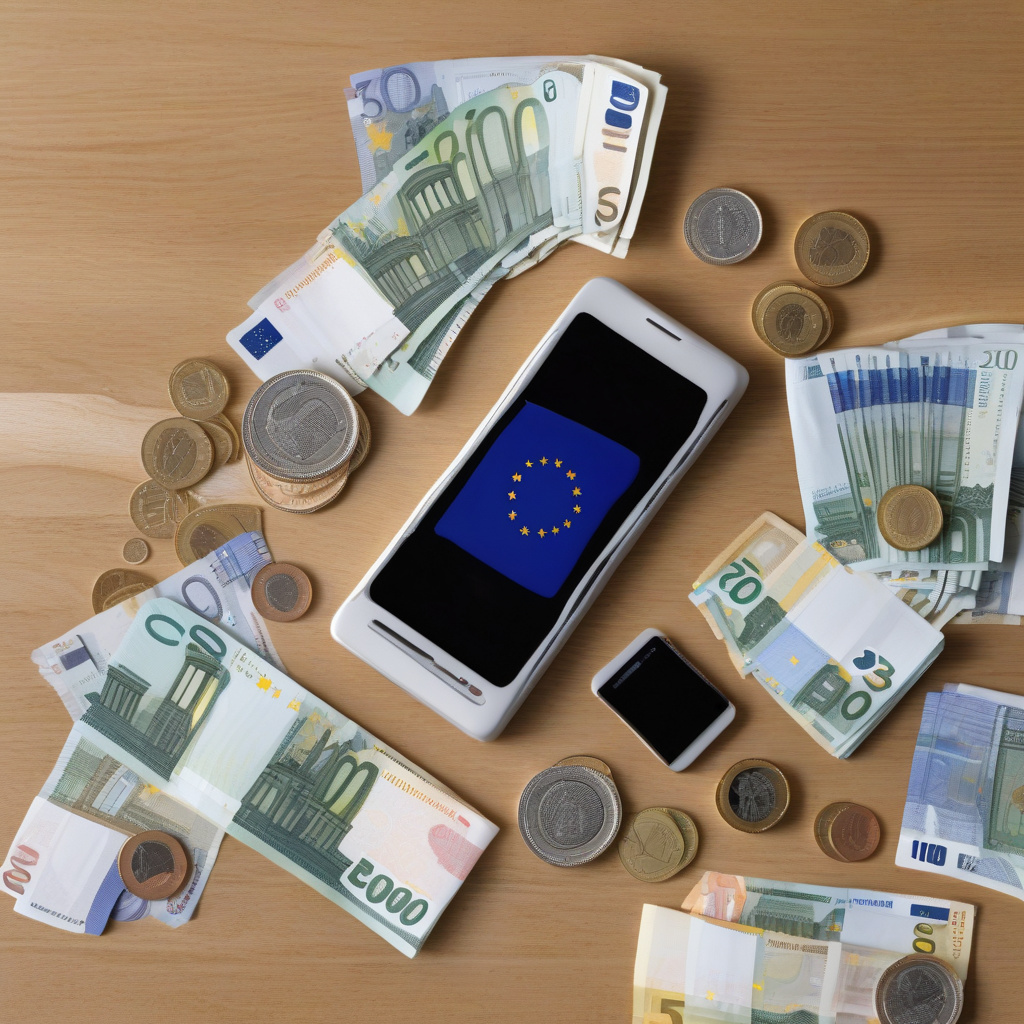Digital Euro Will Complement, Not Replace, Physical Cash in the Eurozone
The European Central Bank (ECB) has been exploring the possibility of introducing a digital euro, a form of central bank digital currency that would coexist with physical cash in the eurozone. Piero Cipollone, a board member of the ECB, recently made it clear that the digital euro is not intended to replace traditional banknotes and coins but rather to complement them.
Cipollone emphasized that the goal of introducing a digital euro is to provide Europeans with a safe and accessible form of digital money that can be used for online transactions, peer-to-peer payments, and other digital services. While digital payments are becoming increasingly popular, especially in the wake of the COVID-19 pandemic, cash remains a widely used form of payment in the eurozone. According to the ECB, cash was the most frequently used payment method for point-of-sale transactions in the euro area in 2020.
By introducing a digital euro, the ECB aims to ensure that all individuals and businesses in the eurozone have access to a secure and reliable form of digital payment. The digital euro would be issued by the central bank and would have the same value as traditional cash, providing users with a risk-free means of making digital payments in addition to cash transactions.
One of the key advantages of a digital euro is its potential to enhance financial inclusion by providing unbanked and underbanked individuals with access to digital payment services. By offering a central bank-backed digital currency, the ECB aims to ensure that all members of society can participate in the digital economy and benefit from the convenience and efficiency of digital payments.
Moreover, a digital euro could help to address the challenges posed by the increasing use of private digital currencies, such as stablecoins and cryptocurrencies. By providing a secure and trustworthy alternative to private digital currencies, the ECB aims to safeguard the stability of the financial system and protect the sovereignty of the euro.
While the introduction of a digital euro would represent a significant milestone in the evolution of the European payments landscape, it is important to note that the digital currency is not intended to replace physical cash. Cipollone reiterated that banknotes and coins will continue to play a crucial role in the eurozone’s payment ecosystem, providing individuals with a tangible and universally accepted form of money.
In conclusion, the ECB’s plans to introduce a digital euro reflect its commitment to ensuring that the eurozone remains at the forefront of digital innovation in the global payments industry. By complementing physical cash with a central bank digital currency, the ECB aims to provide Europeans with a versatile and secure means of making digital payments while preserving the important role of cash in the eurozone’s economy.
#DigitalEuro, #ECB, #Eurozone, #Cash, #DigitalPayment
